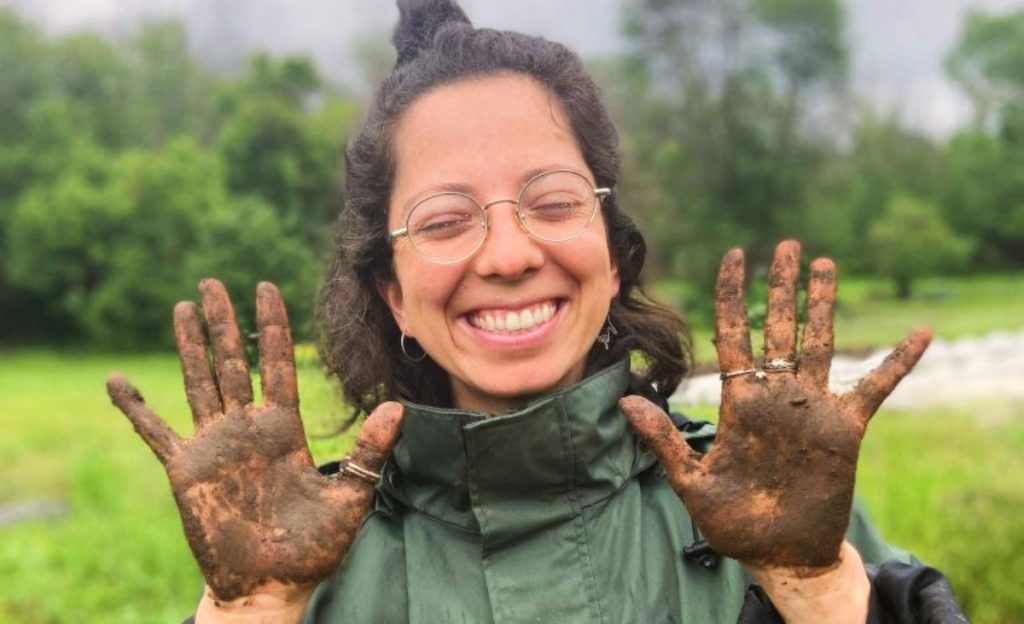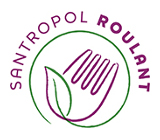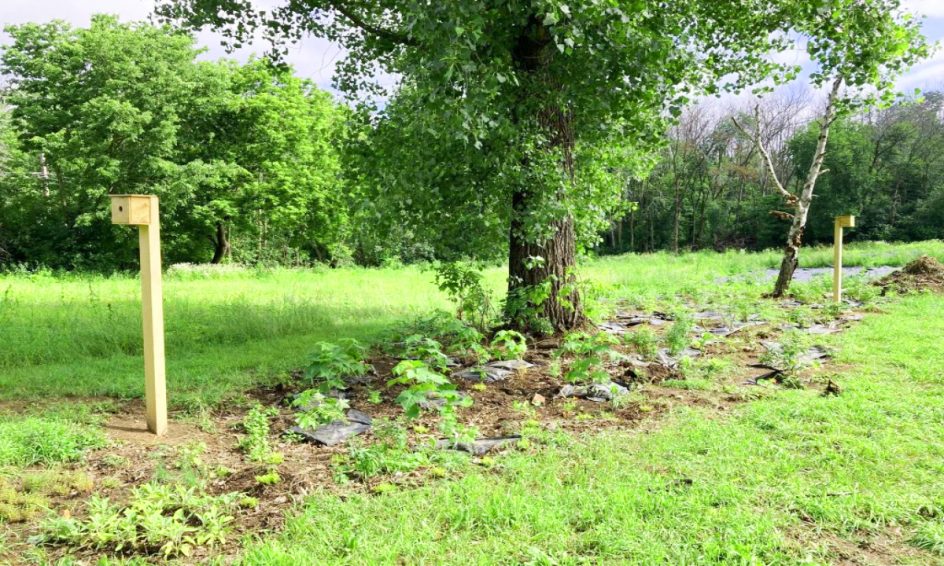On a rainy day last June, the Roulant team as well as a group of corporate volunteers spent time at the farm in Senneville helping out with a project that has been in the works for a while: the Biodiversity Project! Together, we planted trees, shrubs, and grasses that were all carefully selected to create a more biodiverse environment at the farm. In five zones across the farm, land that used to be home to invasive species is now stocked with 15 varieties of plants that will flower throughout the agricultural season and produce fruits that will attract birds.
There have been multiple stages leading up to the implementation of this project:
- Limiting the expansion of the forest into the agricultural zone (2021)
- Planting 300 plants (June 2022)
- Installing ten bird houses (June 2022)
- Digging a pond (July 2022)
Once the remaining steps of establishing the pond are completed, this project will serve birds, amphibians, small mammals, and insects by offering them food sources, drinking water, and resting space. Without a pond, the farm isn’t a welcoming space for frogs and toads, but they will soon be able to thrive over the land. Their new presence will play an important role in limiting damage to our crops from mice as frogs and toads are their predators. With the increasing impacts of climate change, farmers will have to continue to navigate new crop-damaging insects. Fortunately for us, our flowering shrubs and trees have been carefully selected to attract birds and insects that will eat those critters that are harmful to our crops. While this is important to the future of the farm, it will likely take two to three years before the species attracted from the biodiversity project reach their full potential.
Accurately measuring the impact of the biodiversity project on our farm over the coming years will not be a simple task. This is why we would love for this part of the project to be taken on by students who are interested in doing an internship centred on the evolution of biodiversity on a vegetable farm.
This project has been made possible by two key financial partners: the Ministère de l’Agriculture, des Pêcheries et de l’Alimentation du Québec (MAPAQ) and Desjardins Caisse du Plateau-Mont-Royal. MAPAQ sponsored 90% of the cost of the plants, part of the planting work, the materials for the bird houses, and the consultation and plans from a biologist. Desjardins covered the balance of the cost of the plants, the digging of the pond, and the management of the agricultural zone at the edge of the forest.
This project is near to the heart of the Roulant because not only does it improve the biodiversity of the farm, but it also encourages better future harvests, the product of which will benefit many members of our community!


